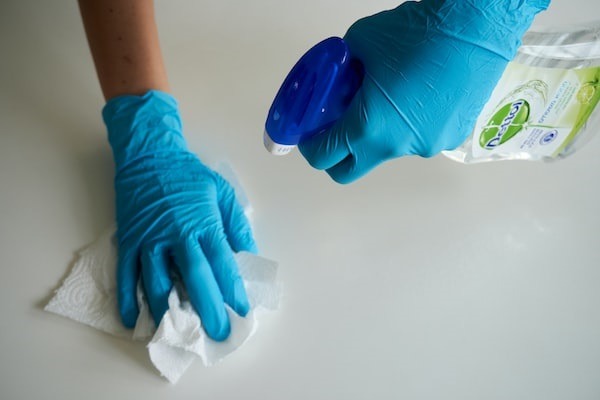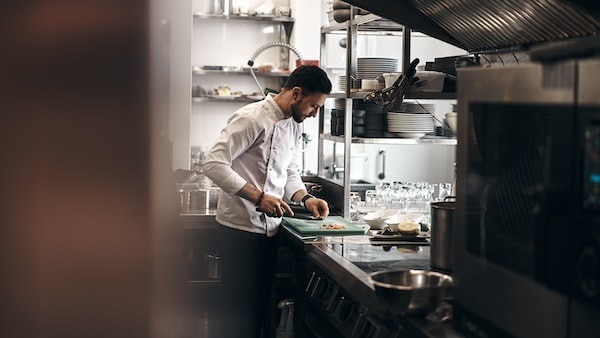If you’re in the restaurant business, then you know how important it is to keep your equipment in top shape. There is no question that having the proper kitchen equipment is essential for any restaurant. With the right tools, you can make your kitchen run more efficiently and help your staff work more productively. Not only that, but the right equipment can also help you create better food items for your guests.
When it comes to choosing kitchen equipment for your restaurant, there are a few things to keep in mind. For starters, you’ll want to make sure that you select equipment that is durable and can withstand the rigors of a busy kitchen. You’ll also need to choose equipment that is easy to use and is designed for the type of cooking you plan to do. No matter if you need a stove, oven, freezer, grill, or other commercial kitchen equipment, it’s important that you get the best tools for your needs. Depending on where your restaurant is located, you can search for “Seattle restaurant equipment,” for example, to find quality equipment in your area.
Once you get the equipment, however, it’s important that you maintain it. Managing and maintaining your commercial kitchen equipment is just as important as selecting and buying the tools. Let’s take a look at some tips for managing and maintaining your restaurant kitchen.
Use barcode tracking
Barcode tracking is the process of using barcodes and software to manage and monitor your equipment. Tracking barcodes is an important part of managing your restaurant equipment. By scanning barcodes, you can keep track of when each piece of equipment was last serviced, what parts need to be replaced, and how often each piece of equipment is used. This information can help you plan for future repairs and replacements, as well as ensure that your equipment is being used efficiently.
Follow the manufacturer’s instructions
When it comes to restaurant equipment, following the manufacturer’s instructions is key. Not only will this help ensure that your equipment runs smoothly and lasts as long as possible, but it can also prevent safety hazards. Read the manufacturer’s instructions thoroughly before using any piece of equipment. This includes understanding how to use the machine safely and correctly as well as how to properly maintain and clean it. You’ll also want to keep all manuals for each piece of equipment in a safe place so that you can refer to them when needed.
Get to know your equipment’s history
One of the most important things you can do to manage your restaurant equipment is to get to know its history. This means knowing when it was installed, how often it’s been serviced, and what kind of use it’s seen. All of this information can help you better understand when potential problems may occur and how to address them.
For example, if you know that a piece of equipment was installed 10 years ago and hasn’t been serviced since then, you may want to have it inspected before using it again. Similarly, if you know that a piece of equipment has been used heavily in the past year, you may need to replace it sooner than expected.
By getting to know your equipment’s history, you can be better prepared for any potential problems that may occur and take steps to prevent them from happening in the future.
Use the correct tools and accessories
One of the most important tips for managing your restaurant equipment is to use the correct tools and accessories. This means using the right size pots and pans for your stovetop, using the right knives for cutting vegetables and using a food processor to chop onions.
It’s also important to have the proper tools for cleaning your kitchen equipment. This includes a dishwasher, a sponge or dishrag, and an oven cleaner. Be sure to read the instructions on the oven cleaner before using it, as some cleaners can be harmful if used incorrectly.
Develop a maintenance schedule
A regular maintenance schedule is important for keeping your restaurant equipment running smoothly and preventing costly repairs. You’ll want to inspect your equipment regularly and make notes of any problems or concerns. This will help you develop a routine maintenance plan that addresses the specific needs of your equipment.
It’s also important to clean your equipment regularly using the proper cleaning agents and techniques. This will help prevent the build-up of dirt and grease, which can cause mechanical problems. When necessary, you should also replace worn or broken parts as needed to prevent further damage to the equipment. Regularly replacing worn parts can help extend the life of your restaurant equipment. Finally, you should schedule regular maintenance checks with a qualified technician according to the manufacturer’s suggestion. This will help keep your machines running optimally and identify any potential problems before they become bigger issues.
Restaurant equipment is expensive and necessary for the smooth operation of a restaurant. By following some simple tips, restaurant owners can help to manage and maintain their equipment and keep it in good condition. Overall, these tips will help to keep restaurant equipment running smoothly, saving time and money.


